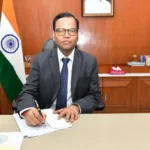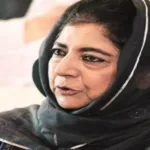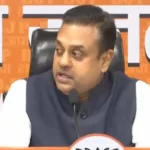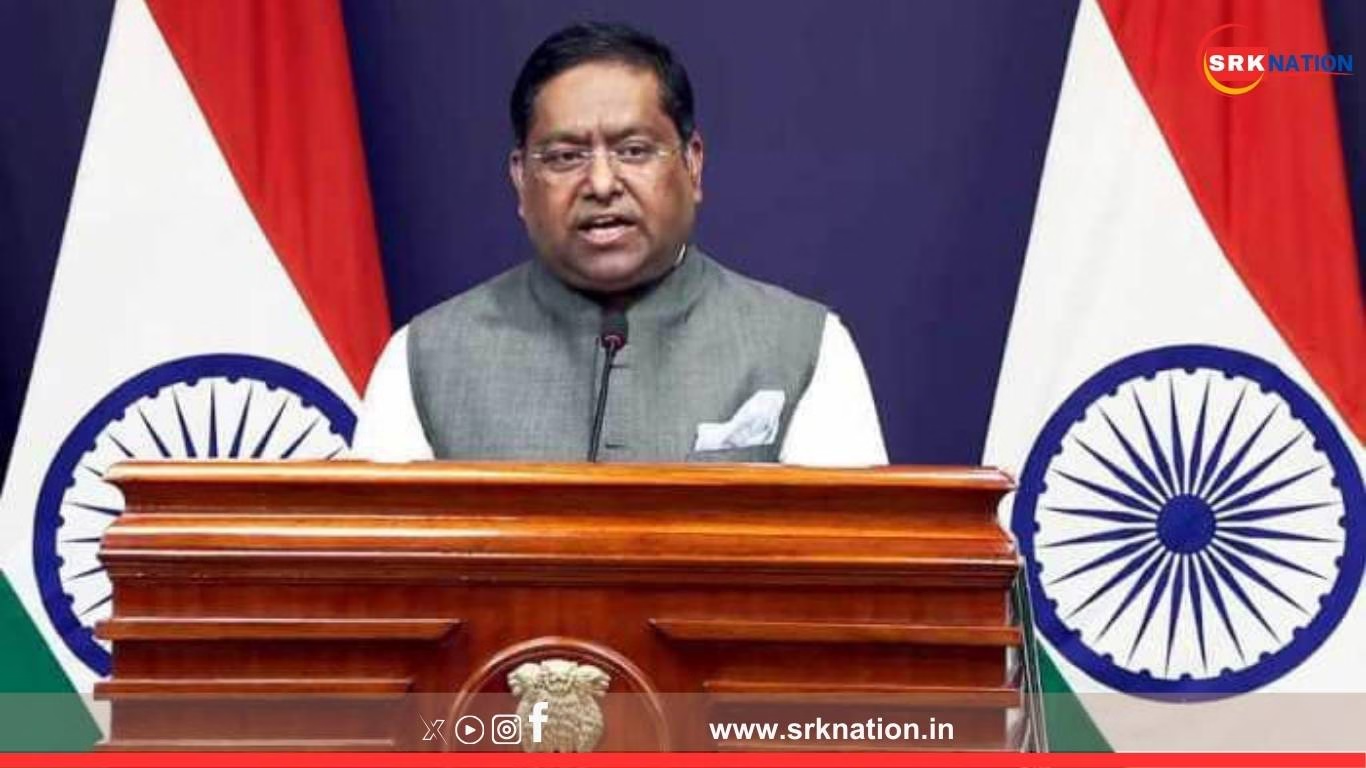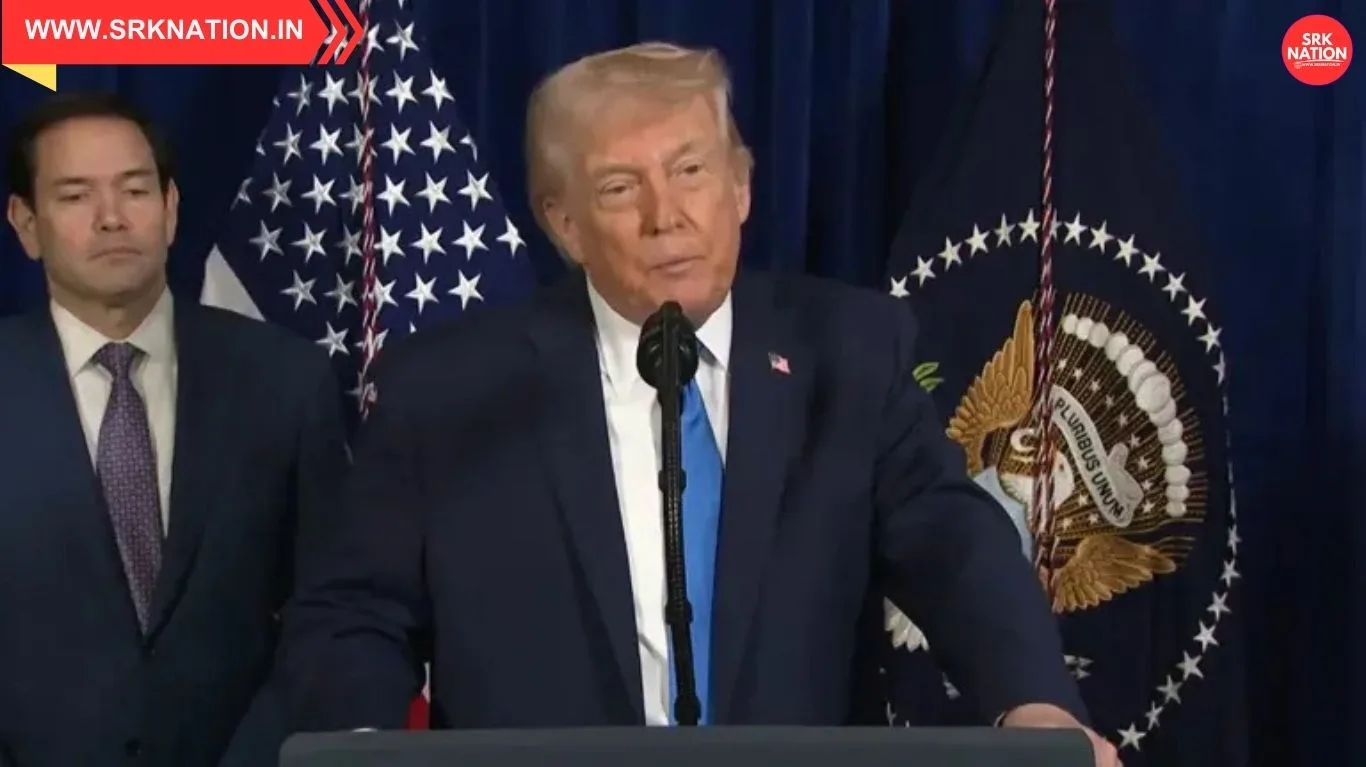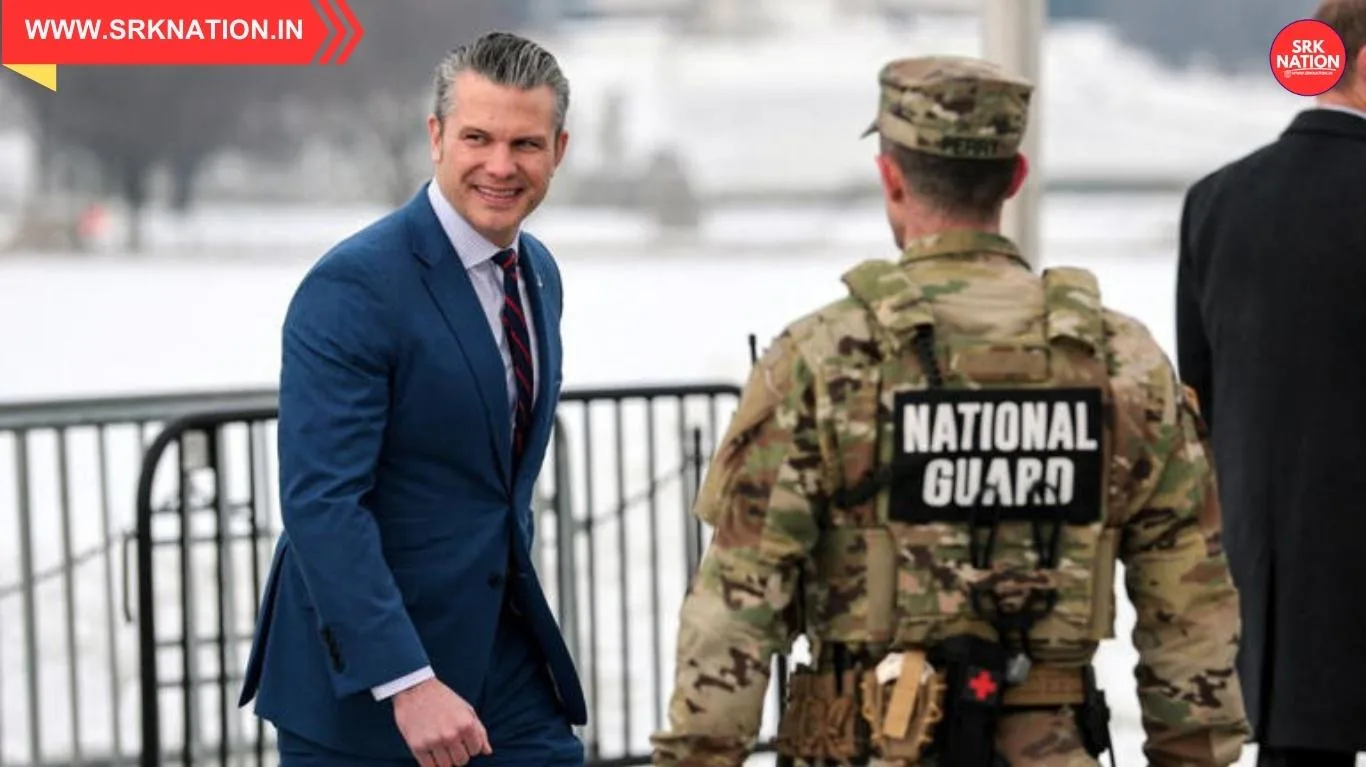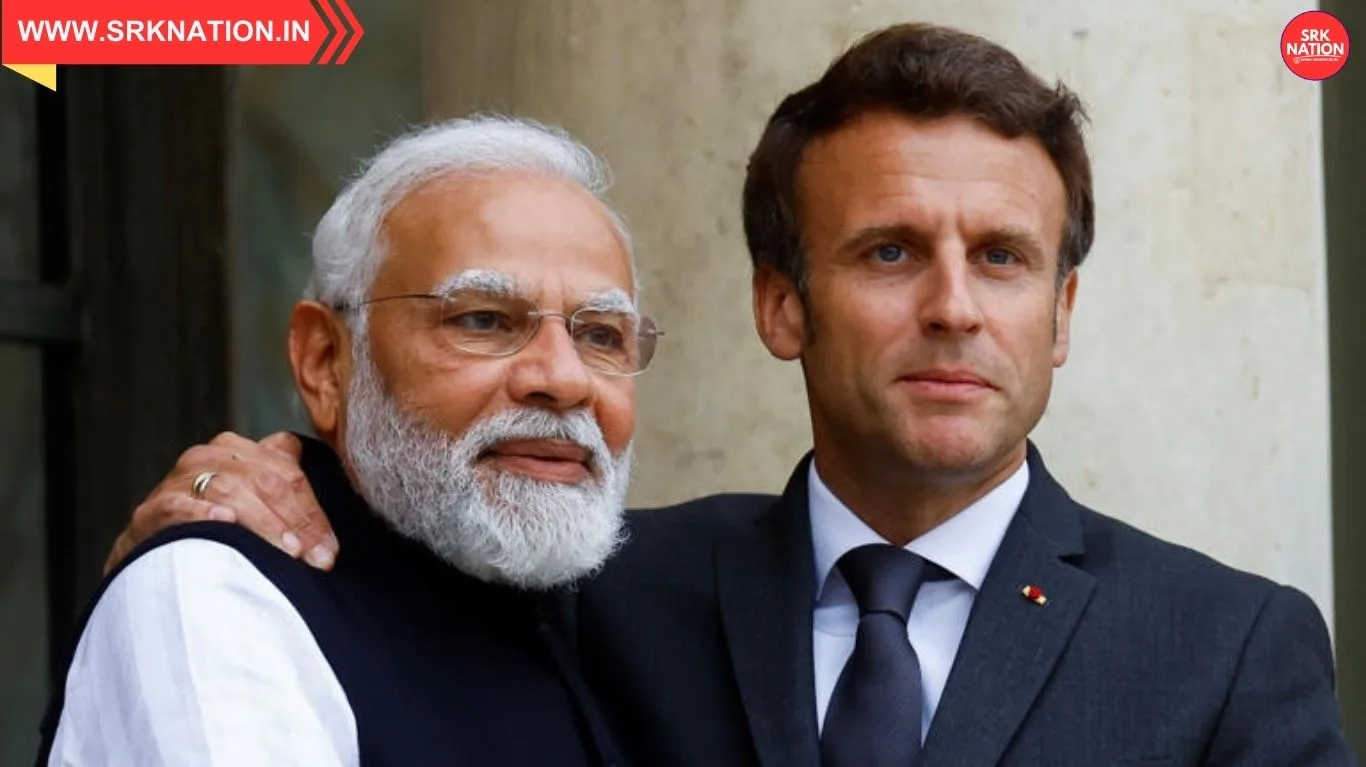In a firm diplomatic rebuttal, India has categorically denied allegations made by the interim government of Bangladesh regarding purported anti-Bangladesh political activities being conducted from Indian soil. The Ministry of External Affairs (MEA) issued a statement on August 20, 2025, clarifying that India “does not allow political activities against other countries” and has no knowledge of any such operations by members of the banned Awami League within its territory.
The response comes after Bangladesh’s foreign ministry claimed that absconding leaders and activists of the Awami League were allegedly operating offices in New Delhi and Kolkata, engaging in campaigns that undermine Bangladesh’s sovereignty and political stability. India has dismissed these claims as “misplaced,” reiterating its commitment to regional peace, mutual respect, and non-interference in the internal affairs of neighboring countries.
🧭 MEA’s Official Stand: No Anti-Bangladesh Activities Permitted
MEA spokesperson Randhir Jaiswal addressed media queries following the press statement issued by Dhaka, stating:
“The Government of India is not aware of any anti-Bangladesh activities by purported members of the Awami League in India or of any action that is contrary to Indian law. The Government does not allow political activities against other countries to be carried out from Indian soil.”
India also emphasized its expectation that Bangladesh will conduct free, fair, and inclusive elections at the earliest, allowing the people to determine their mandate through democratic means.
| MEA Statement Highlights | Key Points |
|---|---|
| Denial of Allegations | No knowledge of anti-Bangladesh activities in India |
| Policy Clarification | India prohibits political campaigns targeting other nations |
| Call for Democratic Process in Bangladesh | Urges free, fair, inclusive elections |
| Diplomatic Tone | Respectful, firm, non-confrontational |
⚠️ Bangladesh’s Allegations: Offices and Campaigns in India
The interim government in Dhaka, led by Muhammad Yunus, alleged that banned Awami League members were operating political offices in India and conducting activities that threaten Bangladesh’s internal stability. The foreign ministry described these actions as “an affront against the people and State of Bangladesh,” and urged New Delhi to take immediate action to shut down such centers.
| Bangladesh’s Claims | Details |
|---|---|
| Political Offices in India | Allegedly in New Delhi and Kolkata |
| Activities by Awami League | Campaigns against Bangladesh’s interests |
| Legal Status of Individuals | Absconding leaders, some reportedly residing illegally |
| Diplomatic Appeal | Urged India to ensure closure of alleged offices |
The statement also warned that such activities could jeopardize the long-standing friendship and multifaceted engagement between the two nations.
🧠 Political Context: Bangladesh’s Shifting Landscape
The allegations come amid a turbulent political transition in Bangladesh. Following the disbanding of Awami League activities through an executive order, former Prime Minister Khaleda Zia’s Bangladesh Nationalist Party (BNP) has emerged as the largest political force. Meanwhile, the Students Against Discrimination (SAD) movement has launched the National Citizen Party (NCP), reportedly with support from the Yunus administration.
| Political Entity | Current Status | Role in Transition |
|---|---|---|
| Awami League | Banned | Accused of anti-state activities |
| Bangladesh Nationalist Party | Largest party | Expected to contest elections |
| National Citizen Party | Newly formed | Youth-led, reformist agenda |
| Interim Government | Led by Muhammad Yunus | Overseeing electoral process |
The Bangladesh Army has also indicated its readiness to assist in ensuring “free, fair, and neutral” elections scheduled for February 2026.
🌍 India’s Diplomatic Posture: Stability and Non-Interference
India’s response reflects its longstanding policy of non-interference in the domestic affairs of neighboring countries. The MEA’s emphasis on democratic values and regional stability aligns with its broader strategic interests in South Asia.
| India’s Diplomatic Principles | Application in Current Scenario |
|---|---|
| Non-Interference | Rejects allegations of political meddling |
| Respect for Sovereignty | Denies hosting anti-Bangladesh campaigns |
| Support for Democracy | Calls for inclusive elections in Bangladesh |
| Regional Stability | Maintains cordial bilateral relations |
India has consistently supported Bangladesh’s development and democratic institutions, and the current episode is unlikely to derail broader cooperation unless escalated further.
🧠 Expert Commentary: Managing Diplomatic Sensitivities
Strategic analysts have noted that while the allegations may reflect internal political tensions in Bangladesh, India’s measured response helps maintain diplomatic equilibrium. Former Indian ambassador to Dhaka, Veena Sikri, commented:
“India’s position is clear and consistent. It does not permit political activities targeting other nations. The MEA’s statement reinforces that principle while keeping the door open for constructive engagement.”
Others have pointed out that the timing of the allegations—just months before Bangladesh’s general elections—may be politically motivated.
📊 India-Bangladesh Bilateral Snapshot
| Sector | Cooperation Highlights |
|---|---|
| Trade | Bilateral trade crossed $18 billion in FY25 |
| Connectivity | Joint rail and road projects underway |
| Energy | Cross-border electricity grid integration |
| Security | Counter-terrorism and border management |
| Cultural Exchange | Student programs, media collaborations |
Despite occasional diplomatic friction, India and Bangladesh share deep historical, cultural, and economic ties.
📌 Conclusion
India’s rejection of Bangladesh’s allegations regarding anti-state political activities underscores its commitment to non-interference and regional stability. By reaffirming its policy against hosting campaigns targeting other nations, New Delhi has sent a clear message of diplomatic restraint and strategic clarity.
As Bangladesh prepares for a crucial electoral transition, India’s call for free and fair elections reflects its support for democratic processes and mutual respect. While the episode may stir short-term tensions, both nations have the institutional maturity to navigate the moment and preserve their enduring partnership.
—
Disclaimer: This article is based on publicly available diplomatic statements and media reports as of August 21, 2025. It is intended for informational purposes only and does not constitute official government or foreign policy advice.

